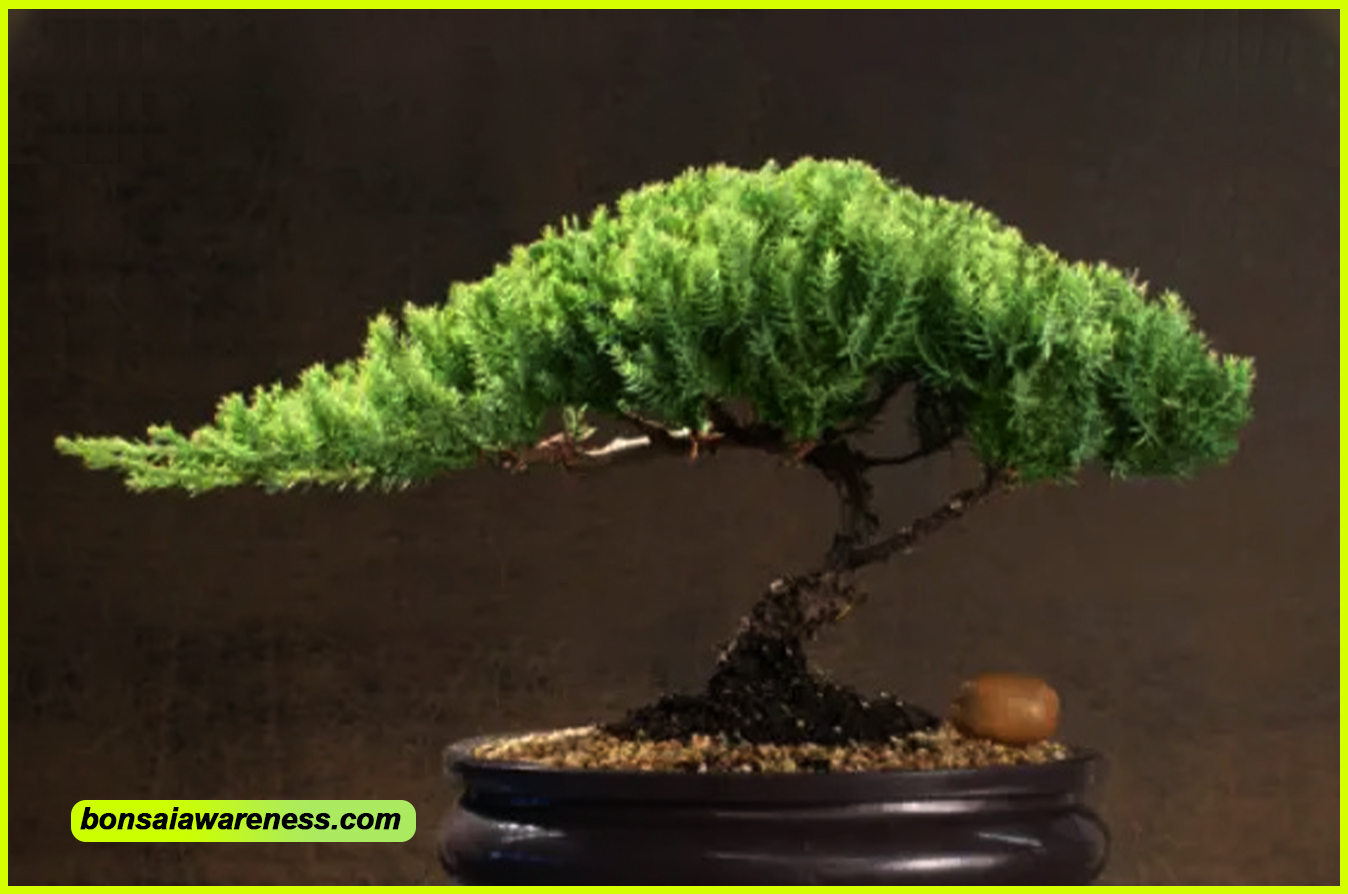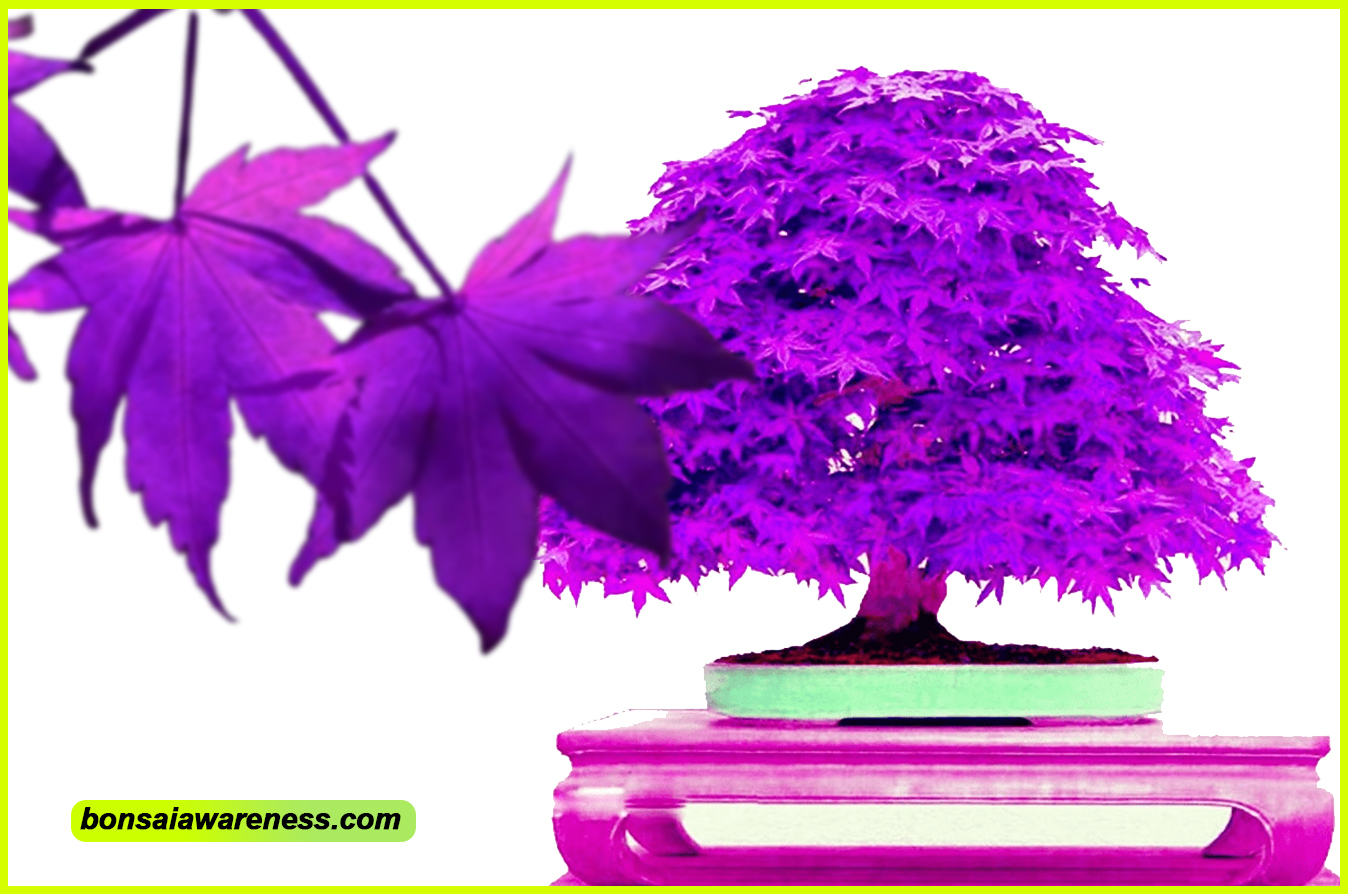To start bonsai seeds, you need to soak them in water for 24 hours and then plant them in a mixture of soil and sand. Gently water the seeds and place them in a warm location with indirect sunlight for germination.
Bonsai seeds require consistent moisture and temperature to sprout successfully. Bonsai trees have captivated people for centuries with their intricate beauty and unique form. If you have a passion for these miniature masterpieces and want to start your own bonsai from seeds, you’ve come to the right place.
We will guide you through the process of starting bonsai seeds, from soaking them to creating the ideal environment for germination. With a little patience and care, you can nurture your bonsai seedlings into thriving, miniature trees that will bring joy and tranquility to your space. So, let’s dive into the world of bonsai and embark on this rewarding journey together.
Choosing The Right Bonsai Seeds
When starting bonsai from seeds, it’s important to begin with high-quality seeds to ensure successful growth. Researching different bonsai species is the first step in choosing the right seeds. Each bonsai species has its own unique characteristics and requirements, so it’s essential to select seeds that align with your preferences and climate. Look for reputable nurseries or online sellers that specialize in bonsai seeds. Consider factors such as the seller’s reputation, customer reviews, and the seed’s germination rate. Additionally, it’s advisable to choose seeds that are harvested from mature bonsai trees to increase the chances of producing successful bonsai plants. Remember to follow proper seed handling and care instructions to promote healthy germination and growth. With careful research and selection, you can start your bonsai journey with the right seeds.
Preparation For Seed Germination
Bonsai seeds require some specific preparation before they can germinate successfully. One important step in this process is stratification. This involves exposing the seeds to a period of cold temperature to simulate the natural winter conditions they would experience in nature. Another technique to aid germination is scarification. It involves creating small scratches on the seed coat to help water penetrate and promote germination. Additionally, soaking the seeds in warm water for a period of time can also soften the seed coat and enhance germination rates.
| Preparation Techniques |
|---|
| Stratification |
| Scarification |
| Soaking the Seeds |
These preparations are essential to break dormancy and increase the chances of successful bonsai seed germination. By stratifying the seeds, scarifying their coats, and soaking them, you create optimal conditions for the seeds to awaken and start sprouting. Remember to research the specific requirements of the bonsai species you are working with, as different trees may have varying germination needs.
Creating Optimal Growing Conditions
To successfully start bonsai seeds, creating optimal growing conditions is crucial. First, choosing the right soil mix is essential. Bonsai seeds need a well-draining soil mix to prevent root rot. A mix of akadama, pumice, and lava rock is often recommended. Second, providing proper lighting is key. Bonsai seeds require bright, indirect sunlight for healthy growth. A south-facing window or grow lights can be used to meet this requirement. Lastly, maintaining ideal temperature and humidity levels is important. Bonsai seeds thrive in temperatures between 65-75°F (18-24°C) and a humidity range of 50-60%. Using a hygrometer and a humidifier can help achieve these conditions. With these guidelines in mind, you can set the stage for successful germination and bonsai seedling growth.
Germinating Bonsai Seeds
Starting bonsai seeds can be a rewarding and exciting experience for any gardening enthusiast. To successfully germinate bonsai seeds, it is important to follow a few simple steps. Firstly, the seeds can be sown in a small pot filled with a well-draining potting mix. Ensure that the soil is moist but not soaked and cover the pot with a plastic bag or a clear plastic dome to create a greenhouse-like environment. Keep the pot in a warm location, such as near a window with indirect sunlight. Check the moisture level regularly and mist the soil if it starts to dry out. Once the seeds have sprouted, it is important to provide them with proper care. This includes placing them in an area with plenty of sunlight and watering them when the soil feels dry. In addition, regular pruning and fertilizing will help the seedlings grow into healthy bonsai trees.
Transplanting And Growing Bonsai Seedlings
To start growing bonsai seeds, it is important to learn the process of transplanting and growing seedlings. Once the seedlings have sprouted, they can be transferred to bonsai pots.
When transferring the seedlings, gently remove them from their original container and place them in a bonsai pot with well-draining soil. Pruning and shaping the seedlings is crucial for their development. Regularly trim the branches and roots to maintain the desired shape.
Proper care is necessary for the growing bonsai. Ensure the seedlings receive adequate sunlight, water, and fertilizer. Protect them from extreme temperatures and pests. Additionally, provide them with the necessary nutrients they need to thrive.
By following these steps, anyone can successfully start bonsai seeds and enjoy the art of cultivating these miniature trees.
Frequently Asked Questions For How To Start Bonsai Seeds
How Long Does It Take For Bonsai Seeds To Sprout?
Bonsai seeds typically take around 2 to 4 weeks to sprout, but it can vary depending on the type of seed and environmental conditions. Patience is key, as some seeds may take several months to germinate. Proper care and a conducive environment, such as consistent moisture and warmth, can help speed up the process.
What Is The Best Temperature To Start Bonsai Seeds?
The ideal temperature for starting bonsai seeds is between 70 to 80 degrees Fahrenheit. This range provides optimal conditions for germination. It’s important to maintain a consistent temperature throughout the germination process to ensure successful seedling growth. Consider using a heat mat or placing the seeds in a warm area to maintain the desired temperature.
How Often Should I Water Bonsai Seeds?
It’s essential to keep the soil moist but not overly wet when watering bonsai seeds. Check the soil regularly and water whenever the top inch starts to feel dry. Mist the seeds gently or use a fine watering can to avoid disturbing the seeds or causing damage.
Adjust the watering frequency based on the environmental conditions and the particular needs of the specific bonsai tree species.
Should Bonsai Seeds Be Soaked Before Planting?
Soaking bonsai seeds before planting is not necessary and may even be detrimental. Some seeds have hard shells that need scarification or stratification methods to aid in germination. Soaking seeds can actually harm their viability and increase the risk of rot or fungal infections.
Follow the specific instructions for the particular bonsai species you are growing to ensure the best germination results.
Conclusion
Starting bonsai seeds can be a rewarding and fulfilling experience. By following the right steps and providing the necessary care, you can watch your seeds grow into beautiful bonsai trees. Remember to select the right seeds, provide suitable growing conditions, and be patient throughout the process.
With a little dedication and effort, you can embark on a journey of creating stunning bonsai trees that will bring joy for years to come.


Leave a Reply